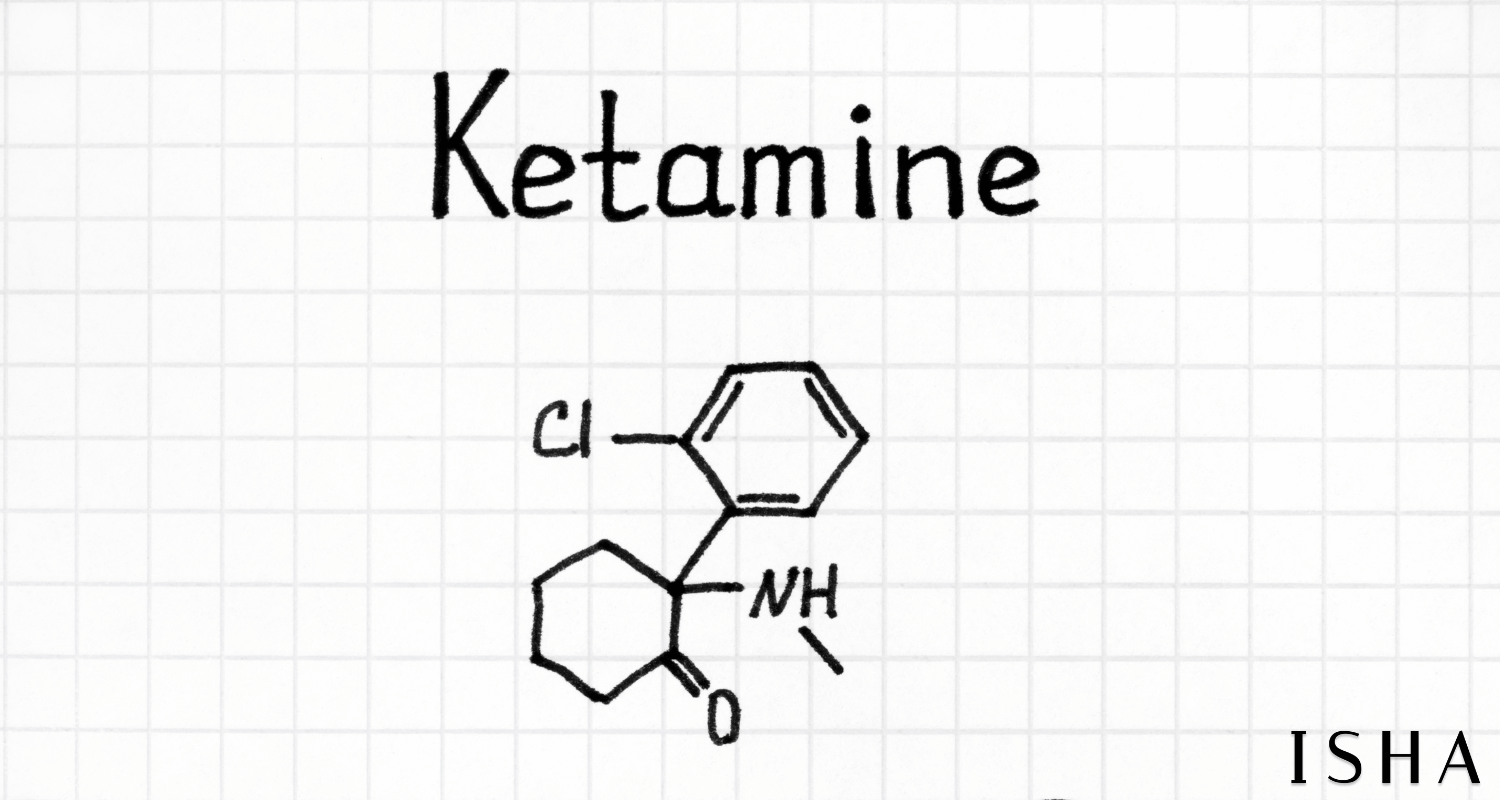Online Ketamine Treatment Available in: AZ, CA, CO, FL, GA, NY, OR, TX, and WA.
Online Ketamine Treatment Available in: AZ, CA, CO, FL, GA, NY, OR, TX, and WA.
FOR PATEINTS
Make an AppointmentpricingOUR TREATMENT APPROACH
Inside Isha
March 13, 2023
March 17, 2025
Ketamine-assisted psychotherapy has been gaining attention in recent years for its potential to help individuals with a variety of mental health conditions. While only esketamine nasal spray (Spravato) and injectable ketamine are approved by the U.S. Food and Drug Administration (FDA) for specific indications, other forms of ketamine-assisted psychotherapy are typically conducted off-label or in clinical trials.
During a ketamine session, individuals may experience a range of emotions and insights, and journaling can be a helpful way to process and integrate these experiences. Here are some examples of prompts for journaling after a ketamine session:
1. What emotions did I experience during the ketamine session? Did I feel any particular physical sensations or changes in my body?
2. What insights or realizations did I have during the ketamine session? Did any memories or images come up?
3. What patterns or beliefs did I notice about myself during the ketamine session? Were there any particular thought patterns or behaviors that stood out?
4. What parts of the session felt challenging or difficult? How did I cope with these challenges, and what did I learn from them?
5. What intentions or goals did I have going into the ketamine session? Did these intentions change or evolve throughout the session?
6. How do I feel now, after the ketamine session? What changes or shifts do I notice in my thoughts, emotions, or behaviors?
7. What actions or steps can I take to integrate the insights and experiences from the ketamine session into my daily life? How can I continue to cultivate and deepen my healing and growth?
Journaling can be a powerful tool for self-reflection and self-discovery, and can help individuals process and integrate the experiences and insights gained during a ketamine session. By setting aside time to reflect on their experiences and emotions, individuals can deepen their understanding of themselves and their journey towards healing and growth.
It is important to note that journaling is a personal and individual process, and prompts may vary depending on the individual's experiences and needs. These prompts are just examples and can be adapted or modified as needed to suit each individual's unique journey.
In summary, journaling after a ketamine session can be a helpful way to process and integrate the experiences and insights gained during the session. By setting aside time to reflect on their emotions and experiences, individuals can deepen their understanding of themselves and continue on their path towards healing and growth.
・Luoma, J. B., & Villatte, J. L. (2012). Mindfulness in the Treatment of Suicidal Individuals. Cognitive and Behavioral Practice, 19(2), 265-276. https://doi.org/10.1016/j.cbpra.2011.01.001
・Moreno, F. A., & Delgado, P. L. (2013). The Role of Ketamine in the Treatment of Major Depression. Current Psychiatry Reports, 15(9), 377. https://doi.org/10.1007/s11920-013-0377-8
・Soskin, R. A., & Gutierrez, K. M. (2018). Journaling as a Therapeutic Intervention. Journal of Creativity in Mental Health, 13(4), 408-418. https://doi.org/10.1080/15401383.2018.1509476
・Zeifman, R. J., & Wagner, A. C. (2020). A Systematic Review of the Literature on the Therapeutic Effects of Psychosocial Interventions for People with Substance Use Disorders. Journal of Substance Abuse Treatment, 108, 43-53. https://doi.org/10.1016/j.jsat.2019.10.011
Get the latest insights on psychedelic therapy, mental health, and innovative treatments—straight to your inbox.
Sign up
for the
Isha Health
Newsletter
More on
Inside Isha
This website has been reviewed by Isha Health California, P.C. and should not be used as medical advice in place of a licensed psychiatric clinician.
IN CASE OF EMERGENCY:
If you are in a life-threatening situation, don’t use this site. Call, text, or chat 988 or 1-800-273-TALK (8255), or use these resources to get immediate help.



.png)

.png)
.png)
.png)
.png)
.png)






.png)
.png)
.png)
.png)









.png)




.png)
.png)
.png)



.png)










.png)
.png)




.png)



.png)



.png)
.png)
.png)
.jpg)

.png)
.jpg)
.png)
.png)

.jpg)

.png)
.png)
.png)

.png)




%202.png)
.png)



.png)
.png)
.png)
.png)
.png)
.png)
.png)